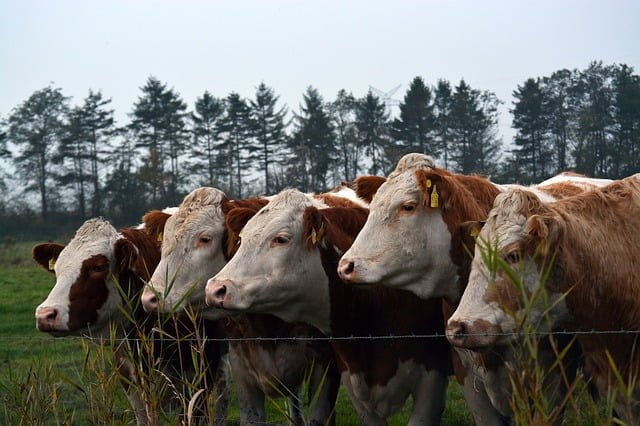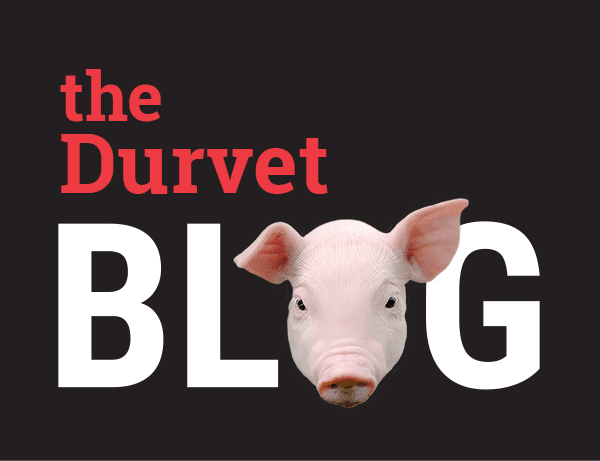
How many of us who own a vehicle have received a notice or at least heard about a vehicle “recall” for some gadget or device?
Over the years the list has grown pretty long from defective air bags to seats that get too hot to trunks that won’t open. Some items seem pretty trivial and some are critically important for our safety.
My brother sells cars and sometimes their used car lot is full of cars that have a “Do Not Sell” sticker because they're waiting (sometimes for months) for recalled parts to be replaced. It can be very frustrating for all parties involved.
This all-too-common scenario brings me to our industry and how Animal Health companies respond when faced with product failures or defects.
We certainly have ample opportunities for companies to respond either positively or negatively to product “issues.” Whether it's a design defect, product efficacy, or a true adverse reaction, animal health companies need to be constantly vigilant about product failures in the marketplace.
My contention is we're much more apt to do business with a "stand up" company who is proactive in their response to these types of situations vs. a company that sticks their head in the sand and acts as though these problems don't exist.
At Durvet, we've had two such examples of stand up companies being very proactive in the recent weeks:
CATTLE RUB
In the first case it was a design flaw in a “cattle rub”, a device used to apply cattle insecticide to cattle as they walk through a gate or an opening in a fence. The initial order of rubs met all of the manufacturing company’s specifications and was released for sale.
 The problem arose on the second shipment of rubs from the manufacturer when it was discovered they had a defective latch that would have caused loss of product...or worse, potential harm to the animal. Upon discovery of the problem the company immediately issued a stop sale on the item.
The problem arose on the second shipment of rubs from the manufacturer when it was discovered they had a defective latch that would have caused loss of product...or worse, potential harm to the animal. Upon discovery of the problem the company immediately issued a stop sale on the item.
That was on a Thursday afternoon. On Monday morning they had their representatives in our warehouse going through each individual item doing a quality control check. They picked up all defective product and within a couple of weeks had the product replaced with the new product that met their specifications.
THAT is customer service and, although we didn’t like the disruption in supply, it sent a clear message they were all about quality and meeting the needs of their customers.
CATTLE INSECTICIDE EAR TAG
In the second case, the product was a cattle insecticide ear tag. Again it was late in the week when we first heard of an issue. Cattle producers who had put the tag in the ears of cattle were experiencing their animals showing signs of watery eyes and eye discoloration...some even to the point of potential partial blindness.
Again, the animal health company responded in a stand-up fashion, immediately announcing a temporary stop sale while their technical service veterinarians were quick to respond to the very limited, isolated cases.
Until the full scope of the issue was determined, they didn't want any more consumers to potentially be adversely affected. After determining that they did have a very small sampling of adverse reactions, they chose to issue a recall of the product and provided an alternative similar product to replace the product in question.
For those of us who deal with animal health products on a daily basis, it's just another example of companies involved in our industry responding in a very proactive way, cognizant of the importance of their products to not only our human customers but to the potential harm it could cause to our livestock.
I'm proud to work in, and be associated with, an industry that (for the most part) acts in a stand-up fashion when confronted with customer service issues.
Now if only the auto industry would do the same.

 BACK TO MAIN BLOG
BACK TO MAIN BLOG 
Comment